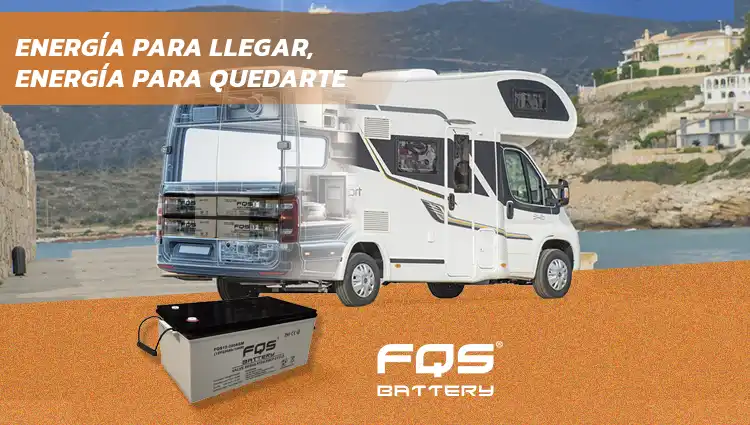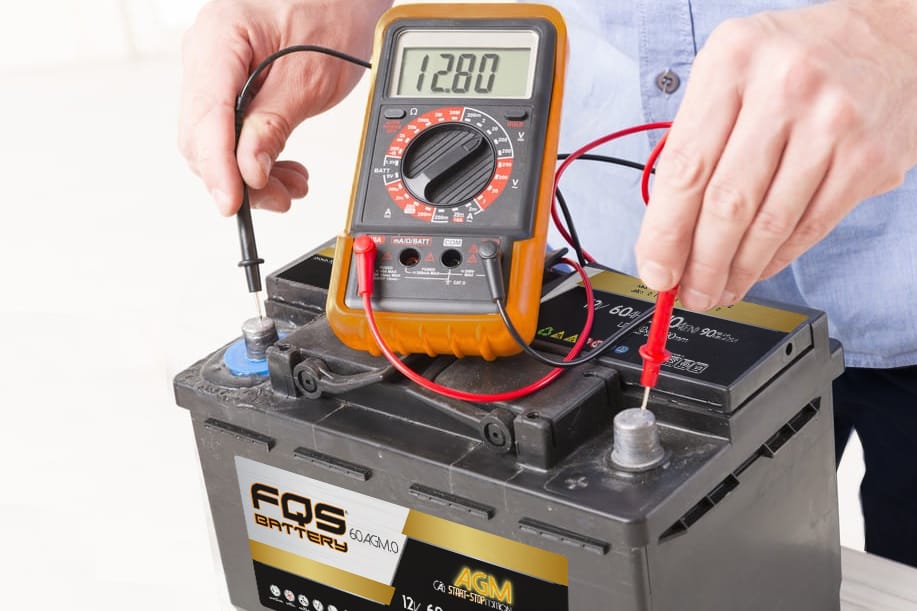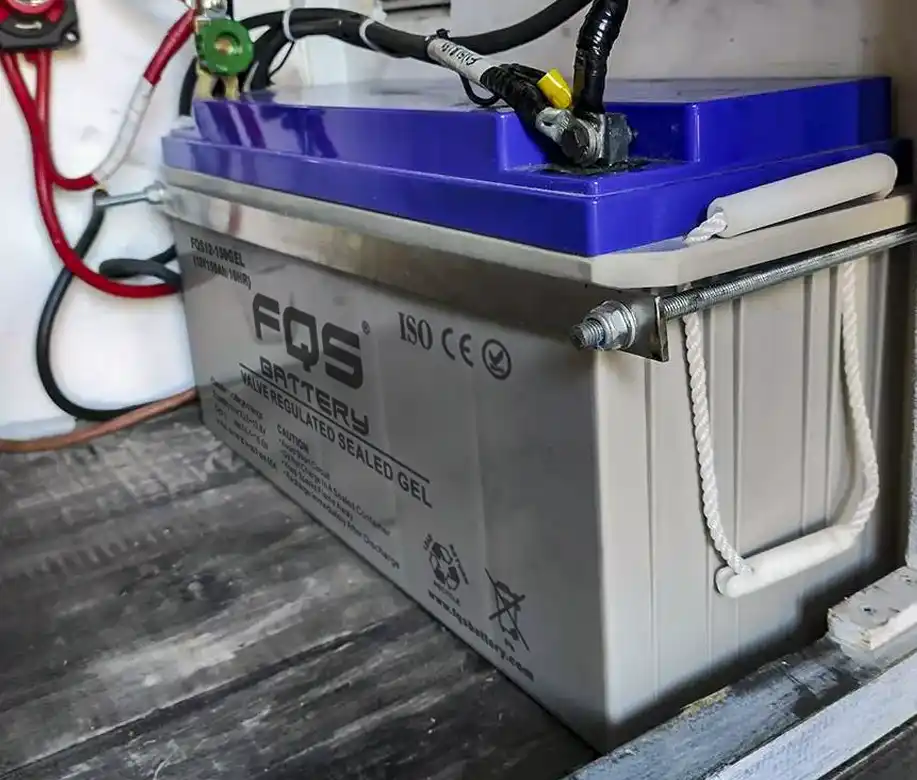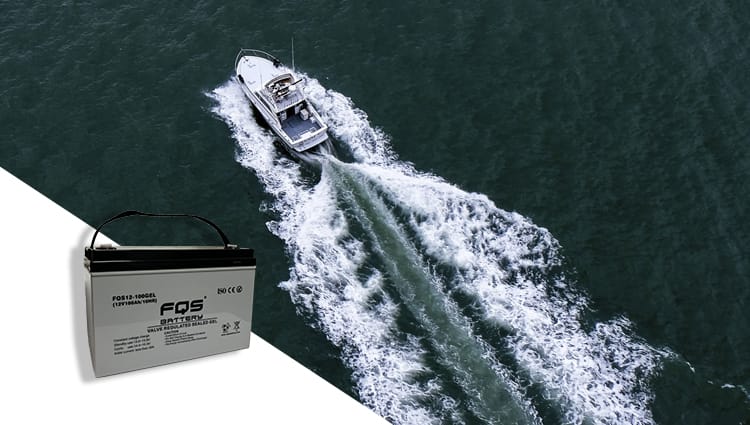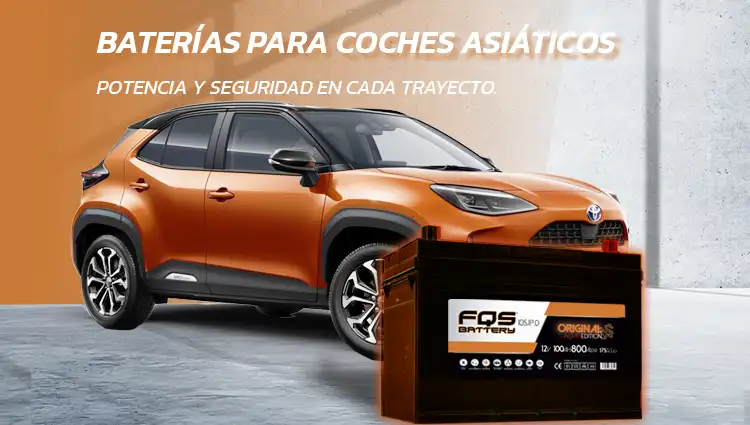Traveling in a camper, caravan, or motorhome is synonymous with freedom, but it also requires foresight and maintenance. Before setting off on your next adventure, it's essential to review a few key points to avoid unforeseen events that could ruin your trip. These are the five most important aspects to consider, paying special attention to the electrical system and batteries, which are often a source of problems.
1 – Starter battery status
Although it may seem obvious, many people forget to check the starter battery, especially if the RV has been sitting idle for a while. A battery in poor condition can leave you stranded at the worst possible time. Check the charge, voltage, and terminals (they should be clean and secure). If you notice that it's struggling to start or if the battery is more than 4-5 years old, it's worth considering replacing it.
2 – Checking the auxiliary battery(ies)
Backup batteries are essential for powering lights, refrigerators, water pumps, and other devices during your stay. If they're discharged, damaged, or improperly connected, comfort is lost. Make sure they're charging properly, that they show no signs of sulfation, and that the installation is in good condition. A backup battery in poor condition can even cause electrical failures or overheating.
From FQS BATTERYAs auxiliary batteries for caravans, motorhomes and campers, we recommend two technologies:
Our batteries are designed to deliver high performance and safety while traveling. Since they contain no liquid acid, they are completely sealed, eliminating the risk of leakage or stratification. This makes them ideal for moving journeys, where the stability and safety of the electrical system are critical.
In addition, they are all maintenance-free batteries, so they do not require periodic level checks. electrolyte nor constant technical interventions. In short, they are a safe and long-lasting choice for powering all of your vehicle's auxiliary systems with complete peace of mind.
3. Review of the charging system (alternator, charger and solar panel)
It's not enough to have good batteries: you have to charge them properly. Check that the vehicle's alternator is properly charging both the starter and auxiliary batteries. If you have a 220V charger or a solar panel, check that they are working properly and that the solar regulator is not faulty. A poor charging system is one of the most common causes of dead batteries during a trip.
4. General electrical installation and fuses
The electrical system of a caravan or motorhome suffers greatly over time. Check for connections, exposed wires, moisture, and possible chafing. Also, verify that the fuses are in good working order and that the control panel (if present) is functioning normally. A short circuit or loose connection can lead to intermittent faults that are difficult to diagnose once on the road.
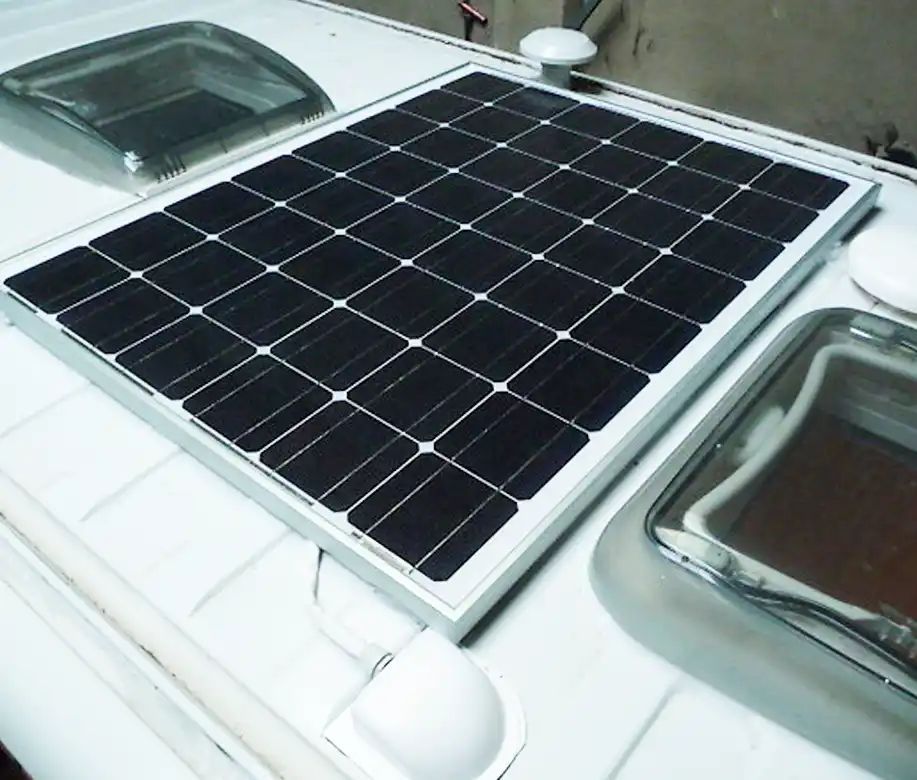
5. Lighting, appliances and power outlets
Perform a general test of all electrical systems: interior and exterior lights, refrigerator, USB ports, power inverter, water pump, and heater if electric. Make sure all devices are working properly both on battery power and when connected to an external source (camper, generator, etc.). Many faults are easily detected at home, but can be very problematic in the wild.
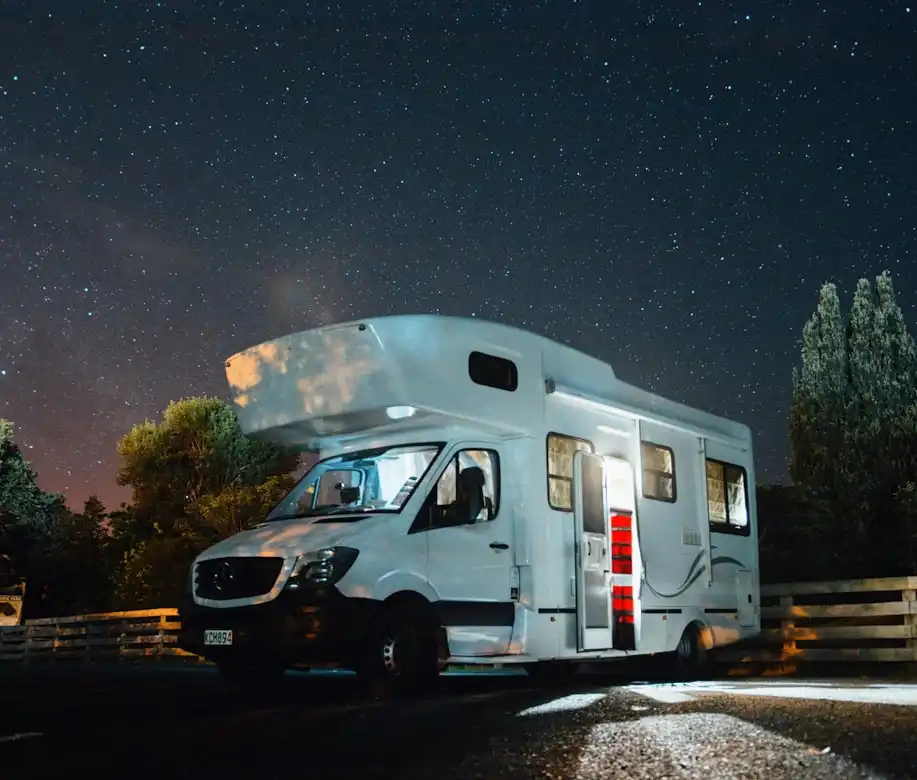
CONCLUSION
Perform a general test of all electrical systems: interior and exterior lights, refrigerator, USB ports, power inverter, water pump, and heater if electric. Make sure all devices are working properly both on battery power and when connected to an external source (camper, generator, etc.). Many faults are easily detected at home, but can be very problematic in the wild.
TO TAKE INTO ACCOUNT
From FQS BATTERY We focus on recommendations related to the vehicle's electrical system, but before embarking on any trip in a camper, caravan, or motorhome, it's also essential to review other key elements to ensure the safety and proper functioning of the vehicle:
- Engine and cabin filters
- Tire condition and pressure
- Braking system
- Steering, suspension and shock absorbers
- Oil, brake fluid, coolant, and windshield wiper levels
With all of this in place, you're ready to enjoy your next adventure with complete peace of mind and confidence.
